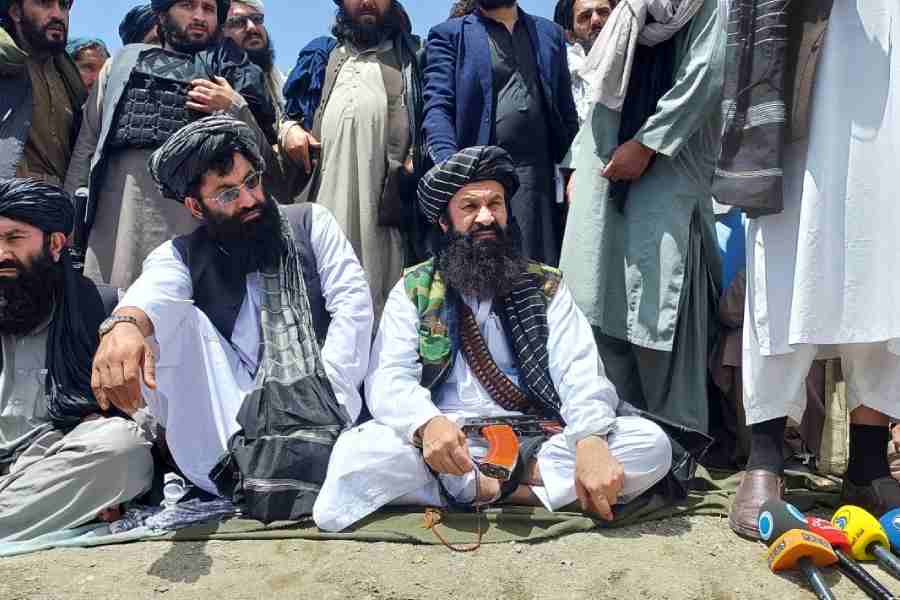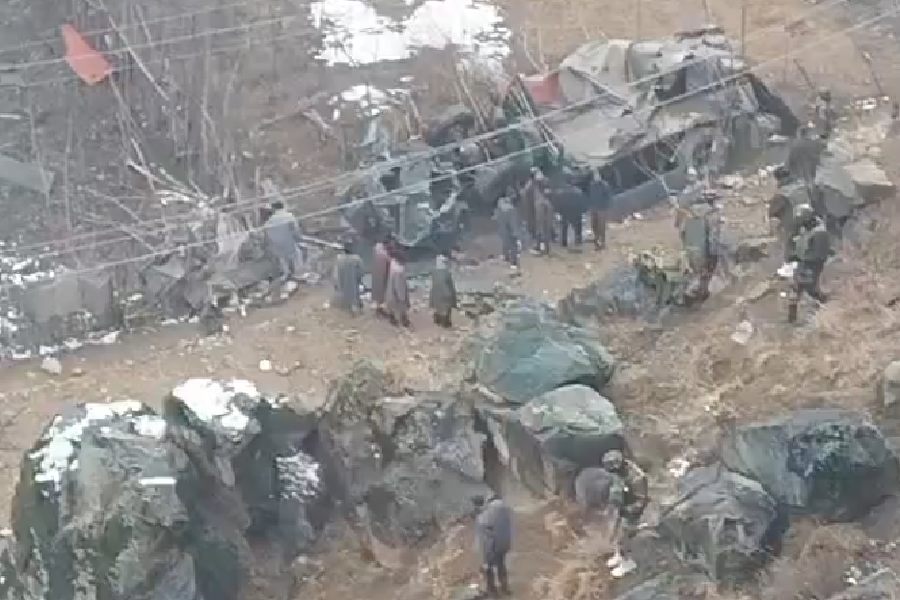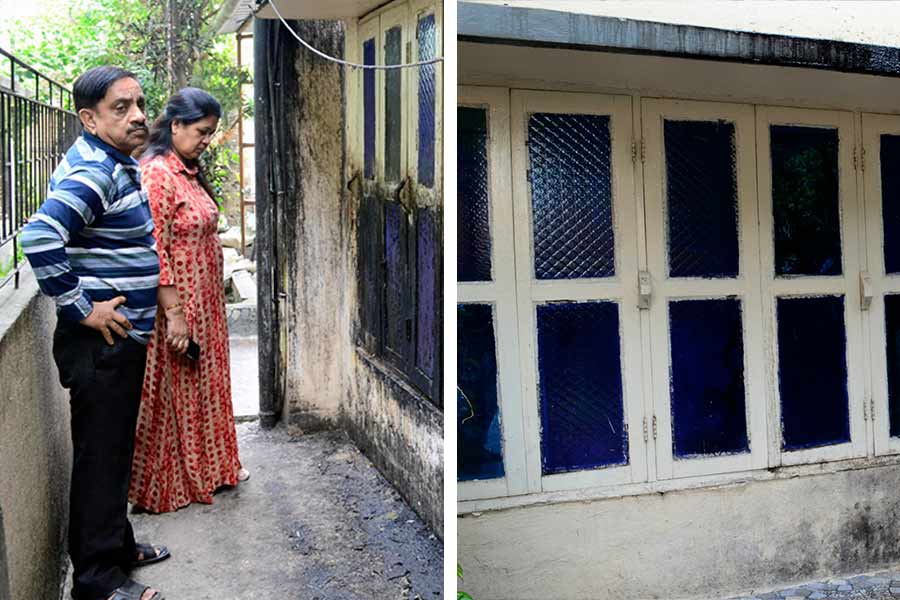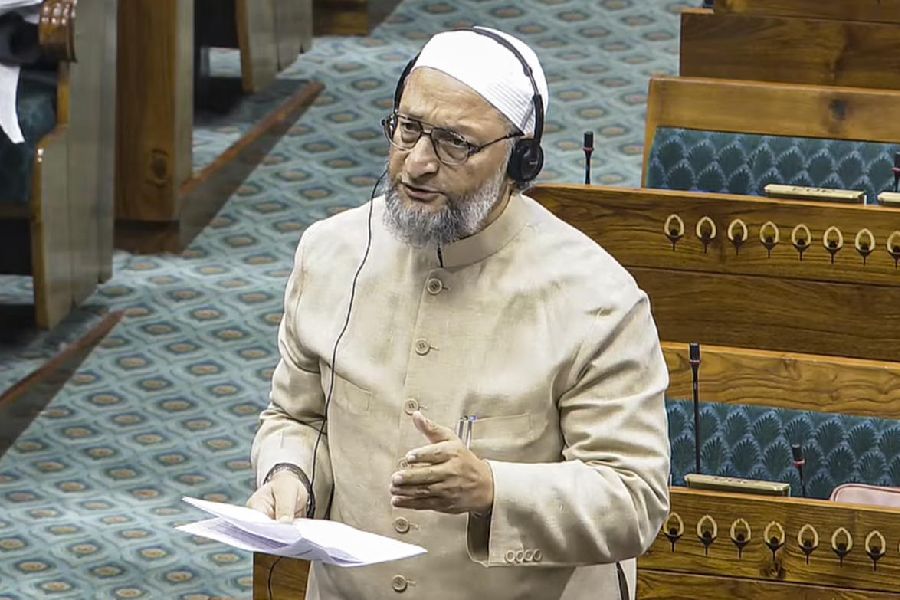Airstrikes by Pakistani warplanes inside Afghanistan have intensified tensions in recent days in an already volatile region. Once-close ties between Pakistan’s leaders and the Afghan Taliban have frayed, and violent cross-border exchanges have become alarmingly frequent.
Officially, the Pakistani government has been tight-lipped about the strikes in Afghanistan on December 24. But security officials privately said that the Pakistani military had targeted hideouts of Tehreek-e-Taliban Pakistan, a militant group also known as the TTP or the Pakistani Taliban that has carried out a series of terrorist attacks inside Pakistan.
The security officials said that several top militants from the Pakistani Taliban had died in the airstrikes, which came days after 16 Pakistani military personnel were ambushed and killed in a border district.
The Taliban regime in Afghanistan said that dozens of civilians had died in the strikes, including Pakistani refugee families. The group condemned the strikes as a blatant violation of Afghan sovereignty and said it had retaliated by conducting attacks on “several points” inside Pakistan.
Officials in Pakistan have not officially commented on those attacks. But they reported that they had thwarted a cross-border incursion by militants they said had been facilitated by the Taliban authorities.
The airstrikes were the Pakistani military’s third major operation on Afghan soil since the Taliban’s return to power in August 2021, and the second this year alone.
Pakistani officials accuse the Taliban of providing sanctuary to the TTP, a charge that Taliban leaders deny. Pakistani officials defend the incursions into Afghanistan as essential to curbing TTP attacks on Pakistani citizens and soldiers, as well as on Chinese nationals involved in projects under the Belt and Road Initiative, Beijing’s infrastructure investment programme.
“This is a red line for us: If the TTP operates from there, it is not acceptable for us,” Prime Minister Shehbaz Sharif of Pakistan said on Friday during a meeting with government ministers, referring to Afghanistan. “We will defend Pakistan’s sovereignty at every cost.”
The Pakistani and Afghan governments, facing deep challenges at home, have ample reason not to let the tensions spiral into broader conflict. But the surge in attacks by the Pakistani Taliban as they wage a bloody campaign against the Pakistani state has put immense pressure on leaders in both countries, said Syed Akhtar Ali Shah, a former senior police officer who served in Khyber Pakhtunkhwa, a province bordering Afghanistan.
Pakistan’s government must show its people that it will respond to attacks, even as the country faces multiple crises that hinder its fight against terrorism, including weak governance and economic constraints.
After a Pakistani Taliban attack on a border post in September 2023, Pakistan launched a crackdown on undocumented Afghans, deporting over 800,000 people to Afghanistan. Pakistan also tightened trade restrictions on landlocked Afghanistan to pressure the Taliban.
For their part, the Taliban are caught between Pakistan’s demands to take action against the TTP and strong domestic incentives not to do so.
By resisting the entreaties of a more powerful neighbour, the Taliban stoke nationalist sentiments among Afghans, helping the group project an image as Afghanistan’s legitimate rulers rather than as the insurgents they once were, Shah said.
The Taliban may also fear that a crackdown on the TTP — with which they share jihadist beliefs and deeply rooted bonds — could divide the militant group’s ranks. That could push fighters towards the Islamic State affiliate in Afghanistan, known as ISIS-K, which poses a growing threat to the Taliban administration.
Pakistan’s frustrations with the Taliban represent a sharp turnabout. When the Taliban took control of Afghanistan three years ago, Pakistan initially considered it a strategic victory.
The US withdrawal precipitated the fall of Ashraf Ghani’s administration in Kabul, which the Pakistani government had seen as supportive of India.
In addition, Pakistan was optimistic that the new Taliban regime would rein in the TTP. Those hopes rested on the notion that the Taliban would reward Pakistan for the covert support it provided during the US-led war.
But the Taliban’s rise instead revitalised the militant group, which has about 6,000 fighters. The Pakistani Taliban capitalised on newfound resources, including advanced US-made weapons seized during the Taliban takeover of Afghanistan, and the release of hundreds of fighters from Afghan prisons.
Emboldened, the group escalated its attacks inside Pakistan, targeting security and police forces in particular.
The year that just ended was the deadliest in a decade for Pakistani civilians and security forces, with 1,612 fatalities in 444 terrorist attacks, according to the Centre for Research and Security Studies, a research group in Islamabad.
Experts said that Pakistan had made a strategic miscalculation with the Taliban.
“Expectation is not a strategy,” said Abdul Basit, a senior associate fellow at the S. Rajaratnam School of International Studies in Singapore. A clear, written agreement, Basit said, “should have been established with the Taliban regarding the TTP from the outset”.
The two countries have taken some steps to try to improve relations. On the same day as the latest airstrikes, a newly appointed Pakistani special envoy, Mohammad Sadiq, was meeting in Kabul with top Taliban officials, including interior minister Sirajuddin Haqqani and foreign minister Amir Khan Muttaqi.
The Taliban have also been addressing Pakistan’s concerns by resettling some TTP militants in central Afghanistan, distancing them from the border region.
In Pakistan, antipathy towards the Pakistani Taliban has run especially deep since 2014, when the group killed more than 145 people, mostly children, in an attack on a military-run school in northwestern Pakistan.
A military crackdown that Pakistan intensified after the school attack drove many Pakistani Taliban leaders and members, along with ordinary displaced families, into Paktika Province in eastern Afghanistan. That province is where the Pakistani military focused its airstrikes last week.
Pakistan has been linked to several operations in Paktika and neighbouring Afghan provinces in recent years in which key TTP militants were killed. Among them was Omar Khalid Khorasani, a top commander, who died in a roadside bombing in 2022.
The Pakistani Taliban attacks have provided fuel in the political infighting that has racked Pakistan in recent years.
The Pakistani military has sharply criticised a key decision during the tenure of Imran Khan, the former Prime Minister who was ousted in April 2022 after falling out with the military and now is in prison.
In 2021, Pakistani officials engaged in peace talks with the TTP that were facilitated by the Taliban after their return to power. The yearlong negotiations, which included a brief ceasefire, ultimately failed.
Lt. Gen. Ahmed Sharif Chaudhry, a military spokesman, condemned the initiative as a “misguided approach” that allowed Pakistani Taliban fighters to resettle and regroup in Pakistan. “Our soldiers are now paying the price of that wrong decision with their blood,” General Chaudhry told reporters on Friday.
Khan’s party, however, argues that the talks were initiated by the military chief at the time, Gen. Qamar Javed Bajwa, not the civilian government.
As the fight against the Pakistani Taliban becomes fodder for political squabbling, residents in conflict-ridden border areas in Pakistan express frustration about the escalating insecurity.
“These airstrikes and border skirmishes distract from the real issue — the failure of both Pakistan and the Taliban to provide basic security and relief,” said Azam Mehsud, a 31-year-old student from South Waziristan, a border district.
New York Times News Service











